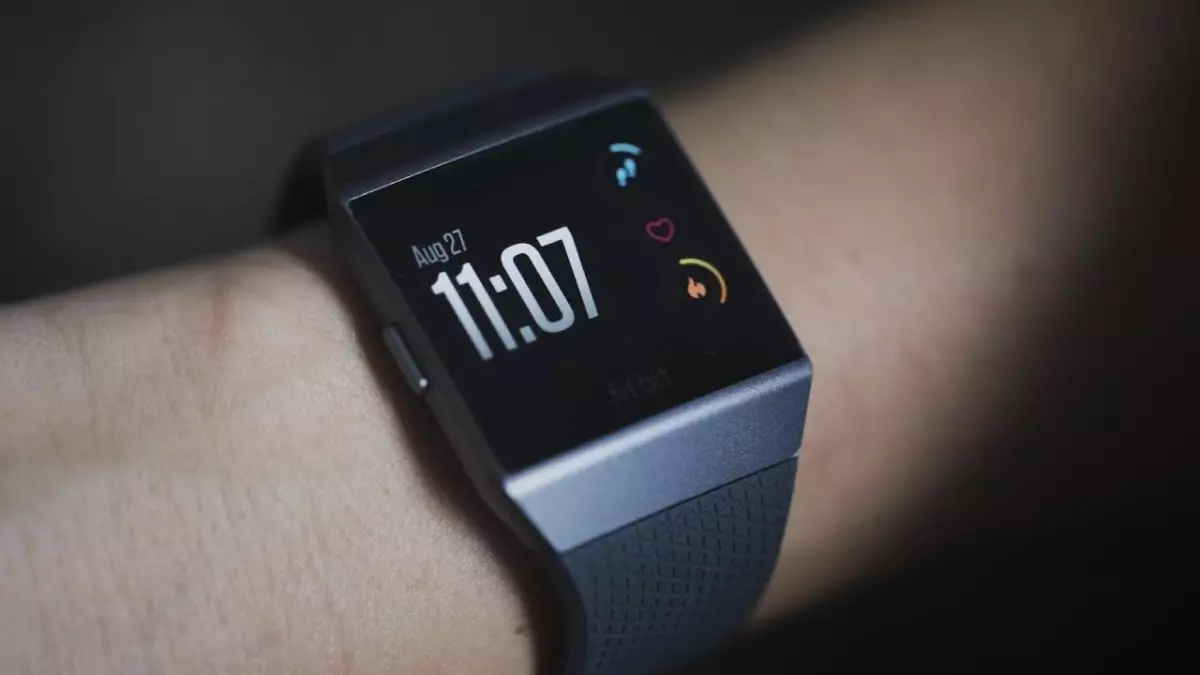In a significant legal development, Fitbit has reached a settlement with the U.S. Consumer Product Safety Commission (CPSC) over issues related to its Ionic smartwatch, which was found to have a defect leading to overheating and burns among users. The settlement, which amounts to a hefty $12.25 million penalty, underscores the importance of accountability in consumer electronics and the potential dangers of neglected product safety measures.
The problems with the Ionic smartwatch began as early as 2018 and persisted until 2020, indicating a prolonged period during which consumers were exposed to the risks associated with the device. For Fitbit, a company renowned for its position in the fitness tracking market, this incident marks a significant corporate blunder that could affect its reputation and consumer trust.
The CPSC identified a serious safety concern: the smartwatch’s overheating battery. Despite a firmware update implemented in early 2020 aimed at rectifying the issue, the solution proved inadequate. This raises critical questions about the effectiveness of rapid updates in the tech industry, particularly when they involve consumer safety.
The report highlights that 115 individuals reported issues, with 78 of them sustaining burns due to the defect, marking a severe breach of consumer protection standards. Among the reported cases, two individuals suffered third-degree burns, while four reported second-degree burns. Such alarming statistics not only reflect poorly on Fitbit but also elevate concerns about the broader implications of product mismanagement in the tech sector.
In light of these incidents, the CPSC’s criticism of Fitbit is particularly telling: the commission admonished the company for failing to promptly disclose the potential hazards associated with its product. This situation emphasizes the need for robust compliance programs that prioritize consumer safety over corporate interest. The agreement mandates that Fitbit enhance its internal controls to ensure future compliance with the Consumer Product Safety Act (CPSA), signaling that regulatory bodies are taking a harder stance on non-compliance.
Moving forward, Fitbit faces the task of rebuilding trust with its consumer base. To protect its reputation, the company must take substantial measures to ensure that its products are not only innovative but also safe. This could involve investing in advanced safety testing protocols and more transparent communication with consumers regarding potential risks.
The oversight in this case serves as a cautionary tale for other companies within the tech industry. As the reliance on wearable technology continues to grow, manufacturers must prioritize functionality and consumer safety equally. The repercussions of negligence can be far-reaching, affecting not only individual consumers but also the company’s long-term viability in a competitive market.
While Fitbit has faced a significant setback, the resolution of this issue may lead it to stronger, more consumer-focused practices in the long run. The focus now shifts to how the company will implement these necessary changes and regain the faith of users who depend on its technology for health and fitness monitoring.

